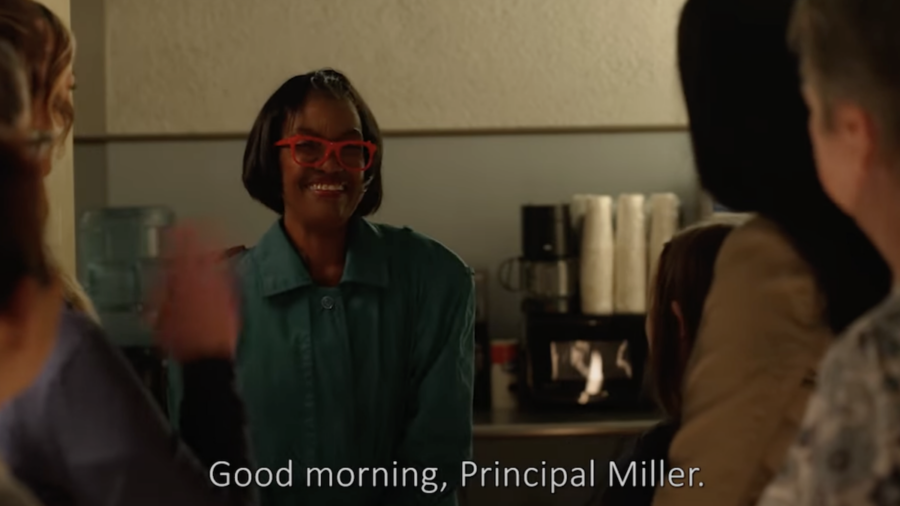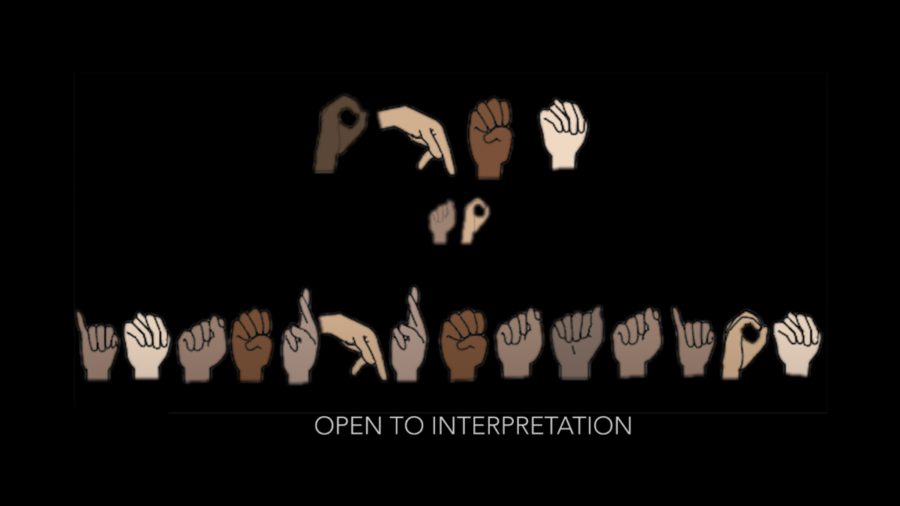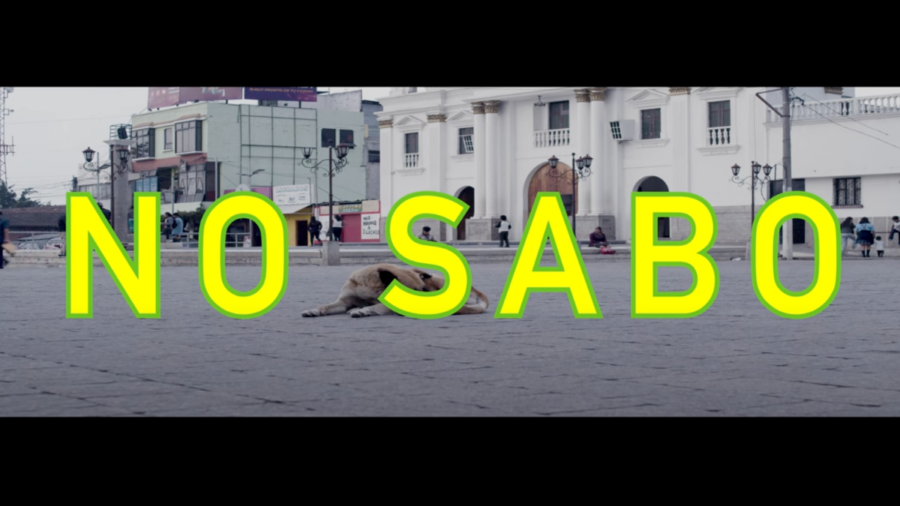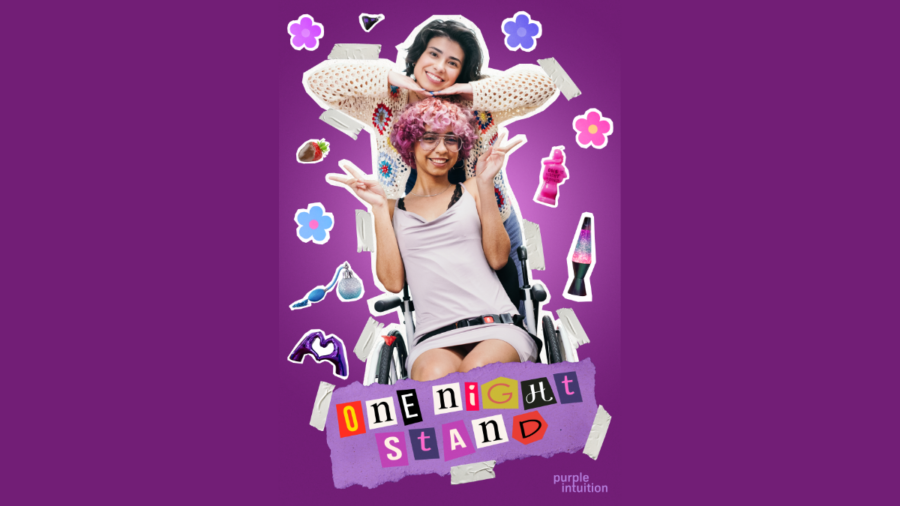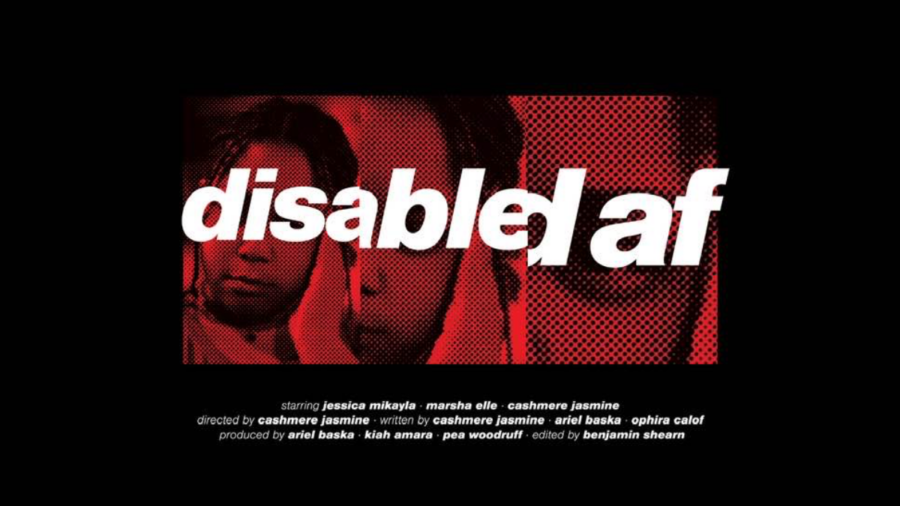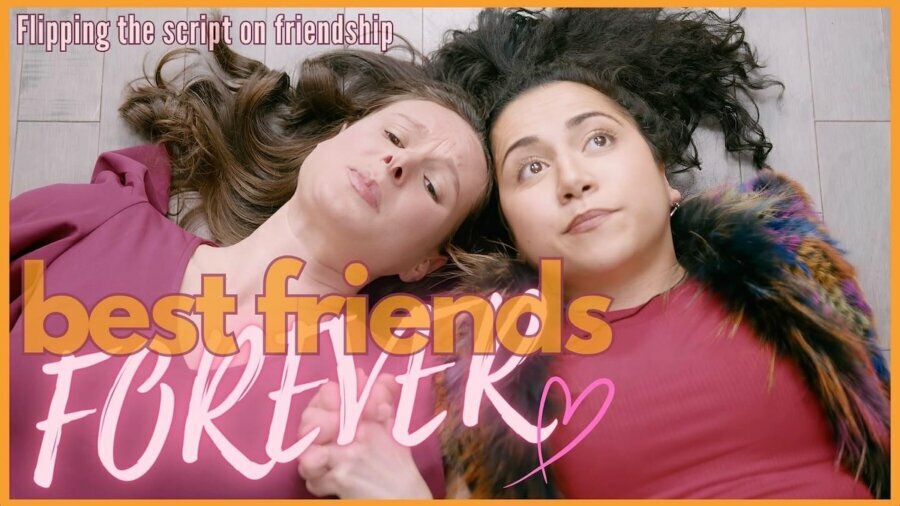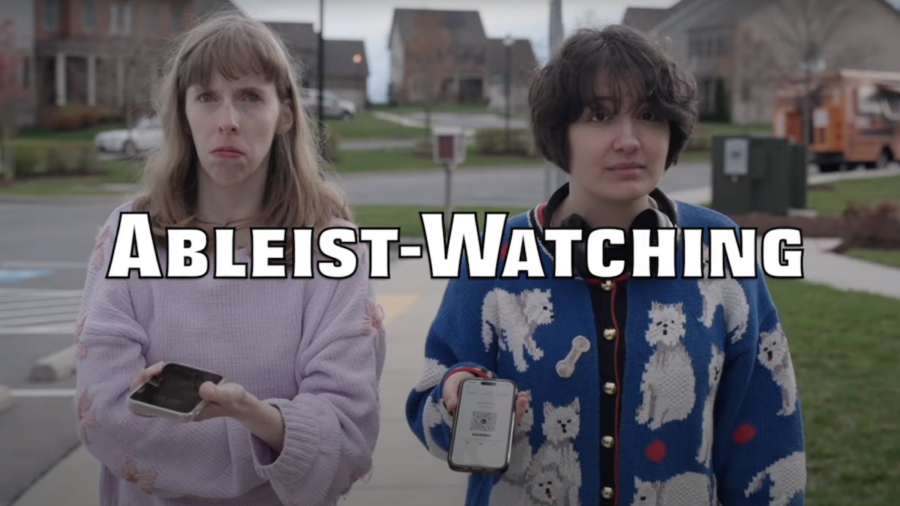By Maureen McEly, RespectAbility Entertainment Lab Alum
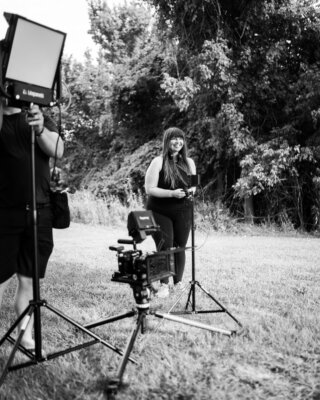
Maureen McEly on the set of her short film Golden Hour
When I became disabled in 2020, I dealt with a strange side effect: my ambition increased. Previously, I’d been content as a writer, but suddenly, despite struggling to adjust to my new physical limitations, I grew obsessed with the idea of telling my own stories every step of the way, and I decided I wanted to become a director as well. However, living with a neuromuscular disease that causes strength and stamina issues as well as muscle weakness and fatigue, I found myself intimidated by the physical aspect of directing and I feared this new dream of mine might be out of reach. But when I was selected for the RespectAbility Entertainment Lab, I encountered other disabled creatives carving out a path in filmmaking with disability accommodations at the very center of their work. I was so inspired, I took the leap and directed my first short film, Golden Hour, which was completed earlier this year. As I reflect on the film and the filmmaking experience, while going through the process of submitting to festivals, I thought it might be helpful to share what I learned writing, directing, and producing my first short film with a disability, in hopes it might be useful for other aspiring disabled directors. [continue reading…]


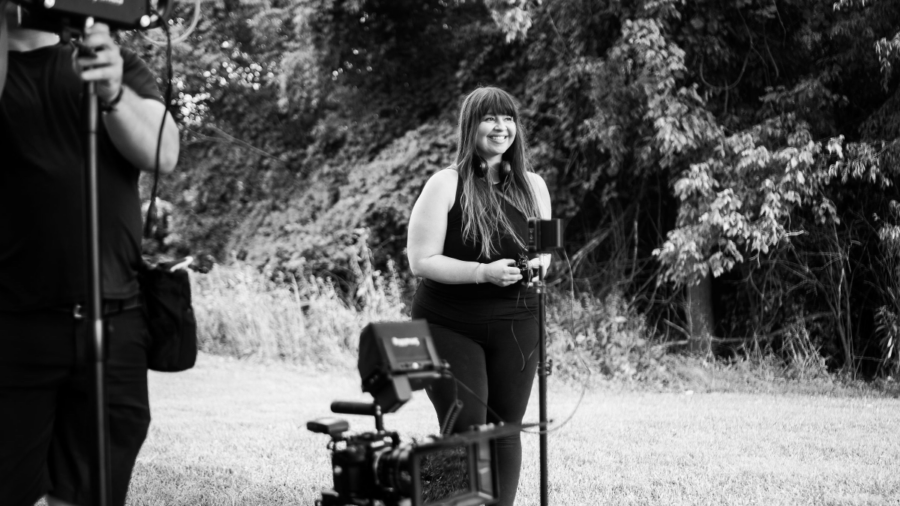

 Every year on the 15th day of the Hebrew month of Nissan (April 22 on the Gregorian calendar this year) Jewish people celebrate Passover. We gather at homes and synagogues for the first of two seders. The Haggadah includes the order of the rituals, blessings, songs, and readings. It even tells when to eat the seder meal.
Every year on the 15th day of the Hebrew month of Nissan (April 22 on the Gregorian calendar this year) Jewish people celebrate Passover. We gather at homes and synagogues for the first of two seders. The Haggadah includes the order of the rituals, blessings, songs, and readings. It even tells when to eat the seder meal.